Till Bronner - Chattin With Chet (2000)
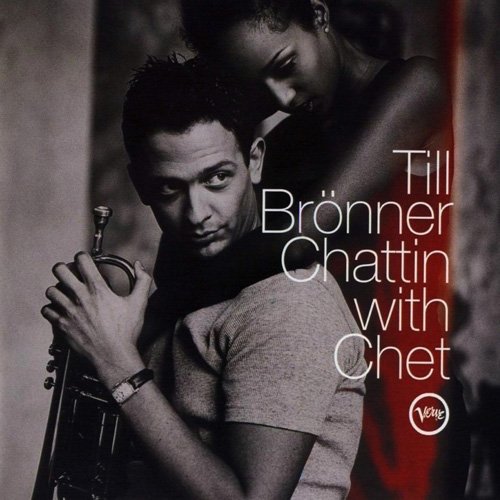
Artist: Till Bronner
Title: Chattin With Chet
Year Of Release: 2000
Label: Universal Music
Genre: Smooth Jazz
Quality: FLAC (image + .cue, log, artwork)
Total Time: 52:58 min
Total Size: 339 MB
WebSite: Album Preview
Tracklist:Title: Chattin With Chet
Year Of Release: 2000
Label: Universal Music
Genre: Smooth Jazz
Quality: FLAC (image + .cue, log, artwork)
Total Time: 52:58 min
Total Size: 339 MB
WebSite: Album Preview
01. You Don't Know What Love Is [05:33]
02. Everything Happens To Me [05:53]
03. She Was Too Good To Me [04:46]
04. Have You Met Chet [04:42]
05. When I Fall In Love [05:15]
06. My Funny Valentine [03:00]
07. Ev'ry Time We Say Goodbye [04:44]
08. Tell Me [05:37]
09. But Not For Me [05:28]
10. Not Like This [02:39]
11. Chattin With Chet [05:16]
Personnel:
Till Bronner - trumped, flugelhorn, keyboards, vocals, ride cymbal, programming;
Frank Chastenier - fender rhodes, piano;
Chuck Loeb, Dean Brown - guitars;
Tim Lefebvre - electric & acoustic bass;
Dieter Ilg - acoustic bass;
Karl Schloz - rhythm guitar;
Gregoire Peters - altoflutes, tenor sax;
Samon Kawamura - turntables;
Wolfgang Haffner, Gene Lake - drums;
David Charles - percussion;
Zach Danziger - drum programming;
Wiebke Schroeder - voices;
Carmen Cuesta - vocals;
Supernatural - rap.
Trumpeter and crooner Till Bronner was the most famous German jazz musician of his generation, updating traditional bebop sensibilities via elements of contemporary R&B and hip-hop. Born in Viersen, Germany, on May 6, 1971, Bronner discovered the music of Charlie Parker at 13, and later studied jazz trumpet at the Hochschule fur Musik Koln. After just three semesters, he turned professional as a member of pianist Horst Jankowski's RIAS-Tanzorchester. In 1993 he cut his debut solo LP, Generations of Jazz, a traditional hard bop homage recorded with guests including bassist Ray Brown and drummer Jeff Hamilton. The album won a number of awards, among them the Preis der Deutschen Schallplattenkritik and the Preis der Deutschen Plattenindustrie. With his third release, 1996's German Songs, Bronner arranged classic German film themes for jazz quartet and classical orchestra, anticipating the creative detours of sessions to follow. 1998's Love heralded his first release for the venerable Verve imprint as well as his debut as a singer, and two years later he issued Chattin with Chet, a project that cemented his growing debt to the American cool jazz legend Chet Baker. After scoring the acclaimed 2001 feature Jazz Seen, a documentary spotlighting the influential photographer William Claxton, Bronner resurfaced a year later with the ambitious Blue Eyed Soul, a collaboration with Japanese DJ Samon Kawamura and soul vocalist Mark Murphy that embraced electronica idioms to update the trumpeter's sound into the postmodern era. A concert tour with soul singer Joy Denalane followed, setting the stage for Bronner's biggest mainstream hit to date: 2004's That Summer, which reached number 16 on the German pop charts and made him the nation's biggest-selling jazz artist of all time. Two years later he resurfaced with the Larry Klein-produced Oceana, an all-star effort featuring contributions from singers spanning from Madeleine Peyroux to model Carla Bruni. In 2009, Bronner paid tribute to the the music of Brazil with Rio -- particularly the bossa nova. In addition to his own vocals, he also enlisted artists Melody Gardot, Kurt Elling, Annie Lennox, Sergio Mendes, Luciana Souza for the project. A collection of softer versions of rock classics At the End of the Day appeared a year later. The set included the unlikely pairing of his band with metal band Type O Negative on a surprisingly reverent cover Seals & Crofts' "Summer Breeze." Bronner eschewed vocals altogether on his next project, a self-titled album that featured his own band and some background strings, released in 2012. The set looked back at the production sounds of labels like CTI and Verve under Creed Taylor for inspiration, in a thoroughly modern jazz context; the tunes showcased his trumpet chops as the predominant voice of the recording. ~ Jason Ankeny

![Ex Novo Ensemble - OSVALDO COLUCCINO: Emblema (2018) [Hi-Res] Ex Novo Ensemble - OSVALDO COLUCCINO: Emblema (2018) [Hi-Res]](https://img.israbox.com/img/2026-02/22/ot6pocjri3hisq06iz4768yl5.jpg)
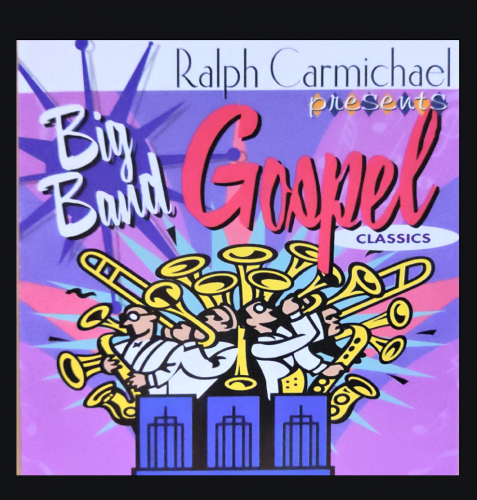
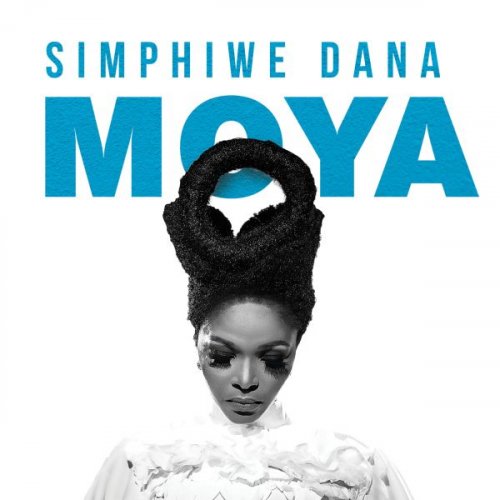

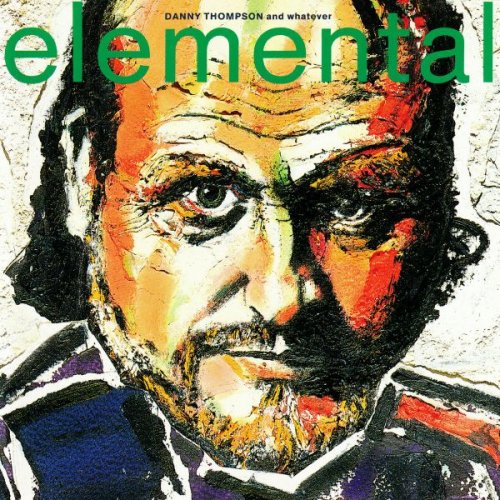

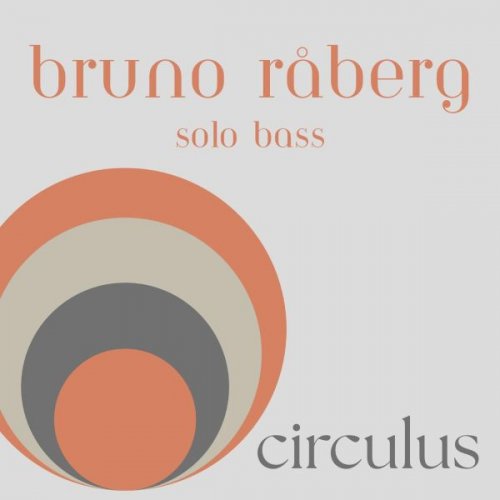
![Ex Novo Ensemble - Claudio Ambrosini: Chamber Music (2020) [Hi-Res] Ex Novo Ensemble - Claudio Ambrosini: Chamber Music (2020) [Hi-Res]](https://img.israbox.com/img/2026-02/22/z541qb9ul4q390uxlw1d9iak3.jpg)